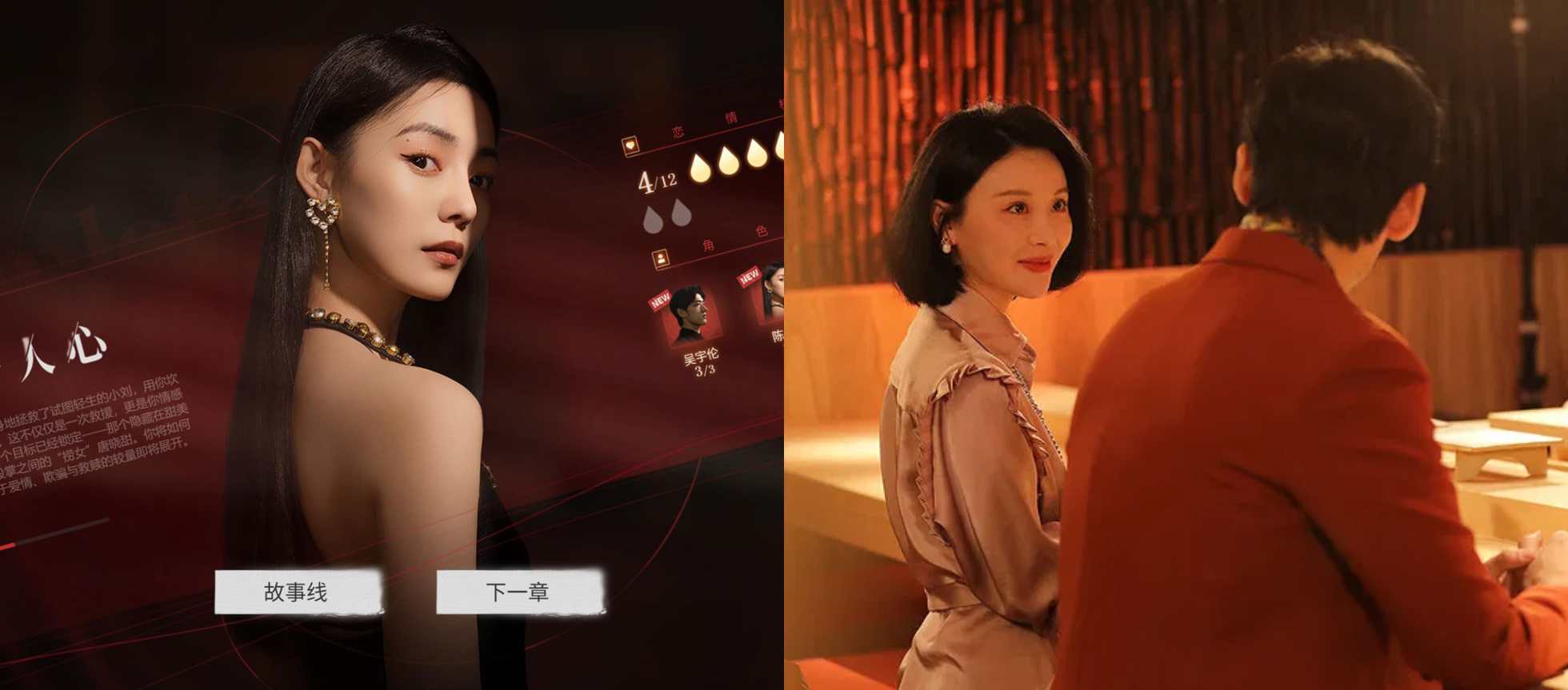A controversial video game that sparked fierce debate across China has been forced to undergo a swift rebranding after facing accusations of promoting harmful gender stereotypes. The live-action title, originally called “Revenge on Gold Diggers,” quietly changed its name to “Emotional Anti-Fraud Simulator” just one day after its initial release in June.
The game centers around male protagonists who find themselves targeted by manipulative women seeking financial gain through romantic relationships. Players must navigate these scenarios, with their choices determining how the story unfolds. Despite the controversy surrounding its premise, the title achieved remarkable commercial success, topping Steam’s sales charts within hours of launch and eventually joining China’s top ten PC gaming titles.
The backlash was swift and severe. Critics condemned the game for reinforcing damaging stereotypes about women, while the controversy proved costly for its creators. Hong Kong filmmaker Mark Hu, the game’s lead director, found himself banned from multiple Chinese social media platforms as criticism mounted.

Artist Xu Yikun, who experienced the game firsthand, expressed deep offense at its content. She dismissed the creators’ stated intentions, describing their approach as “a classic business model that thrives on generating content that sparks debate and divisions.” Her criticism extended beyond the game itself to the broader implications of the terminology it employs.
“It’s a label that’s used, all too often, on women,” Xu explained regarding the term “gold digger.” She highlighted how such language has become normalized in everyday conversation, creating unrealistic standards and assumptions. “If you have a rich boyfriend, you are called a gold digger. If you try to make yourself look pretty, you are called a gold digger… Sometimes the label is used on you merely for accepting a drink from someone.”
The game’s creators have maintained their position, insisting they never intended to target women specifically. Instead, they claim their goal was to encourage “open dialogue about emotional boundaries and the grey zones in modern dating.” However, critics point to the game’s structure as evidence contradicting these claims – all the antagonistic characters portrayed as “gold diggers” are women, ranging from social media influencers to business entrepreneurs.
These female characters are shown employing various schemes to extract money and gifts from their male targets. One particularly provocative line from the game states: “Want to know if a man loves you? See how much he spends.”
Public reaction has been decidedly mixed. Some players have defended the title, arguing that the criticism has been excessive. Zhuang Mengsheng, a 31-year-old who spoke under a pseudonym, offered a more measured perspective: “The game isn’t trying to say that all women are gold diggers… I don’t find it targeting either gender. Both women and men can be gold diggers.”
Media coverage has similarly reflected this division. A newspaper from Hubei province condemned the game for “labelling an entire gender as fraudsters,” while Beijing Youth Daily took a markedly different stance. The latter publication praised the game’s creativity and pointed to relevant statistics showing that romance scams cost victims approximately 2 billion yuan in 2023, according to National Anti-Fraud Centre data.
“We need to put a stop to emotional fraud without delay,” Beijing Youth Daily argued in an editorial supporting the game’s underlying message.
Despite the heated debate, commercial success has continued unabated. The game has reportedly surpassed even “Black Myth: Wukong,” widely considered the most successful Chinese game ever created.
Some supporters have praised the developers for their boldness in addressing topics they believe receive insufficient attention. “I don’t get why people are upset about this. If you aren’t a gold digger yourself, why should you feel attacked by this game?” questioned a 28-year-old male player. “I actually thought the game’s creators are very bold. These issues [like emotional fraud] aren’t widely discussed enough in China.”
Speculation has emerged connecting the game to real-world events, particularly the tragic case of a Chinese man known online as “Fat Cat,” who died by suicide following a difficult breakup. His death triggered widespread online discussion where accusations and the term “gold digger” featured prominently, though police ultimately dismissed allegations against his former girlfriend.
For many women observing this controversy, the game represents something more troubling than entertainment – a reinforcement of existing societal pressures and expectations. In Chinese culture, traditional gender roles often position women as homemakers while men serve as primary income earners. This dynamic has historically made marriage prospects particularly significant for women’s social and economic security.
These cultural patterns receive reinforcement from official sources, with President Xi Jinping regularly encouraging women to embrace their roles as “good wives and mothers.” Meanwhile, the government has taken action against activists advocating for greater gender equality.
One woman, speaking anonymously due to concerns about online harassment, expressed broader worries about the game’s impact: “I feel a game like that merely fans the hostility between men and women. It casts women, once again, as the inferior gender who have to somehow find ways to please men to earn their livelihoods.”
While supporters argue the game addresses legitimate concerns about relationship manipulation and financial exploitation, critics contend it perpetuates harmful stereotypes that ultimately damage social cohesion and gender relations. Whether the name change addresses underlying concerns remains a subject of continued debate.


